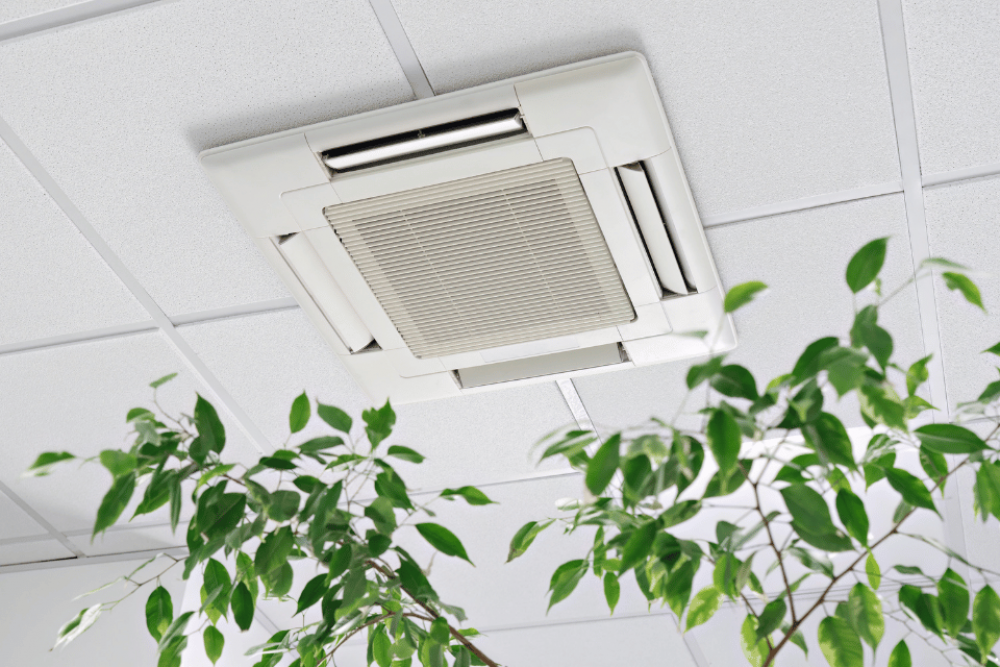
The Importance of Regular Ductwork Inspections for a Healthy Home
Maintaining a healthy home environment involves more than just regular cleaning and maintenance of visible areas. One often overlooked aspect is the ductwork system, which plays a crucial role in ensuring indoor air quality and overall home efficiency. Regular inspections of your ductwork are essential to maintaining a clean, safe, and energy-efficient living space. This article will explore the importance of regular ductwork inspections, their benefits, and tips for maintaining a healthy home environment.
Understanding Ductwork Systems
Ductwork systems are networks of tubes and channels that distribute heated or cooled air throughout your home. They are integral to heating, ventilation, and air conditioning (HVAC) systems, ensuring that every room in your home maintains a consistent and comfortable temperature. Over time, ductwork can accumulate dust, debris, mold, and even pests, which can negatively impact the air quality and efficiency of your HVAC system.
Benefits of Regular Ductwork Inspections
1. Improved Indoor Air Quality
One of the primary benefits of regular ductwork inspections is the improvement of indoor air quality. Dust, pollen, pet dander, and other allergens can accumulate in the ducts and circulate throughout your home. This can trigger allergies, asthma, and other respiratory issues. By inspecting and cleaning your ductwork regularly, you can significantly reduce these contaminants, leading to cleaner and healthier air for you and your family.
2. Enhanced Energy Efficiency
Ductwork inspections can also enhance the energy efficiency of your HVAC system. When ducts are clogged with debris or have leaks, your system must work harder to maintain the desired temperature, leading to increased energy consumption and higher utility bills. By identifying and addressing these issues during inspections, you can ensure that your HVAC system operates efficiently, saving energy and reducing costs.
3. Extended HVAC System Lifespan
Regular inspections and maintenance can extend the lifespan of your HVAC system. When ducts are clogged or leaking, the system has to work harder, which can lead to wear and tear and eventual breakdowns. By keeping your ductwork clean and well-maintained, you can reduce the strain on your HVAC system, potentially extending its lifespan and saving money on costly repairs or replacements.
4. Prevention of Mold and Mildew Growth
Moisture can accumulate in ductwork due to condensation, creating an ideal environment for mold and mildew growth. These fungi can release spores into the air, leading to health problems and unpleasant odors. Regular inspections can help identify and address moisture issues, preventing mold and mildew growth and ensuring a healthier living environment.
5. Detection of Pest Infestations
Ductwork can sometimes become a haven for pests such as rodents and insects, leading to further contamination of your indoor air. Regular inspections can help identify signs of pest infestations early, allowing for timely intervention and reducing the risk of damage to your ductwork and HVAC system.
Signs That Your Ductwork Needs Inspection
While regular inspections are recommended, certain signs indicate that your ductwork may require immediate attention:
-
Increased Dust Levels: If you notice more dust accumulating on surfaces or coming from the vents, it may be a sign that your ductwork needs cleaning.
-
Uneven Heating or Cooling: Inconsistent temperatures in different rooms may indicate blocked or leaking ducts.
-
Unusual Odors: Musty or unpleasant odors coming from the vents could indicate mold or pest issues in the ductwork.
-
Noisy Operation: If your HVAC system becomes unusually noisy, it may be due to debris or damage within the ductwork.
-
Higher Energy Bills: A sudden increase in energy costs without a change in usage patterns could signal inefficiencies in the ductwork.
How to Conduct a Ductwork Inspection
While some aspects of ductwork inspections can be conducted by homeowners, it is often advisable to hire a professional to ensure a thorough assessment. Here are some steps involved in a typical ductwork inspection:
-
Visual Inspection: Check for visible signs of damage, leaks, or disconnections in the ductwork.
-
Check for Blockages: Inspect the ducts for debris or blockages that may be hindering airflow.
-
Test for Air Leaks: Use tools such as smoke pencils or infrared cameras to detect air leaks in the ductwork.
-
Inspect for Mold and Moisture: Look for signs of mold or excess moisture in the ducts, particularly around joints and seams.
-
Assess Air Quality: Use air quality monitors to check for pollutants and allergens circulating through the ductwork.
Maintaining Healthy Ductwork
In addition to regular inspections, there are steps homeowners can take to maintain healthy ductwork and improve indoor air quality:
-
Change Air Filters Regularly: Replace HVAC air filters every 1-3 months to reduce dust and allergens in the system.
-
Seal Leaks and Joints: Use duct tape or mastic sealant to seal leaks and joints in the ductwork to prevent air loss.
-
Keep Vents Clean and Unobstructed: Regularly clean and dust vents and ensure they are not blocked by furniture or other objects.
-
Control Humidity Levels: Use dehumidifiers or air conditioners to maintain optimal humidity levels and reduce the risk of mold growth.
-
Schedule Professional Cleanings: Consider hiring a professional to clean your ductwork every 3-5 years or as needed, especially if you have pets or family members with allergies.
Conclusion
Regular ductwork inspections are a vital component of maintaining a healthy and energy-efficient home. By ensuring that your ductwork is clean, free of leaks, and properly maintained, you can improve indoor air quality, enhance HVAC system efficiency, and extend the lifespan of your system. Homeowners should be proactive in scheduling regular inspections and addressing any issues promptly to enjoy a comfortable and healthy living environment.

